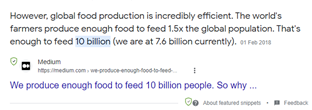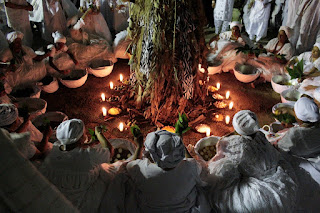'IS SCIENCE A SOLUTION TO EVERYTHIG OR SCIENCE IS THE END TO EVERYTHING'
It shocks me that I used to be such a book worm and a writer growing up. However, lately I cannot express my words in writing but rather in silence. I studied science in high school and also my first degree was the Bachelors of Science in Human Physiology, Genetics and Psychology. Having to integrate this science degree with Psychology gave me an awakening or rather it challenged me to ask myself if science is really a solution to everything or an end to everything. Science cannot solve all our problems. While science can help battle things such as diseases, hunger and poverty when used properly. It does not do so completely and automatically. It is evident that most scientists are born. Most of them start at a young age by exploring things around them, experimenting on how things work etc. through observation of the physical world. Yet, understanding how the physical world works solves no problem. For example, it is through science that we know that excersing can lower your...








